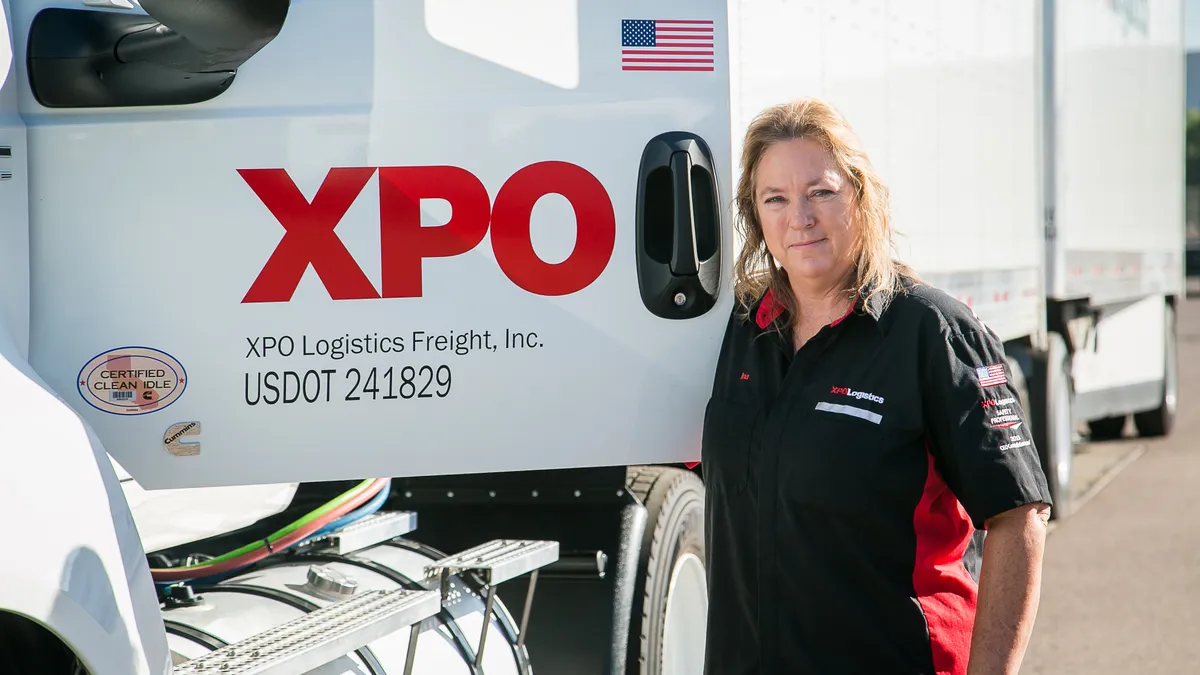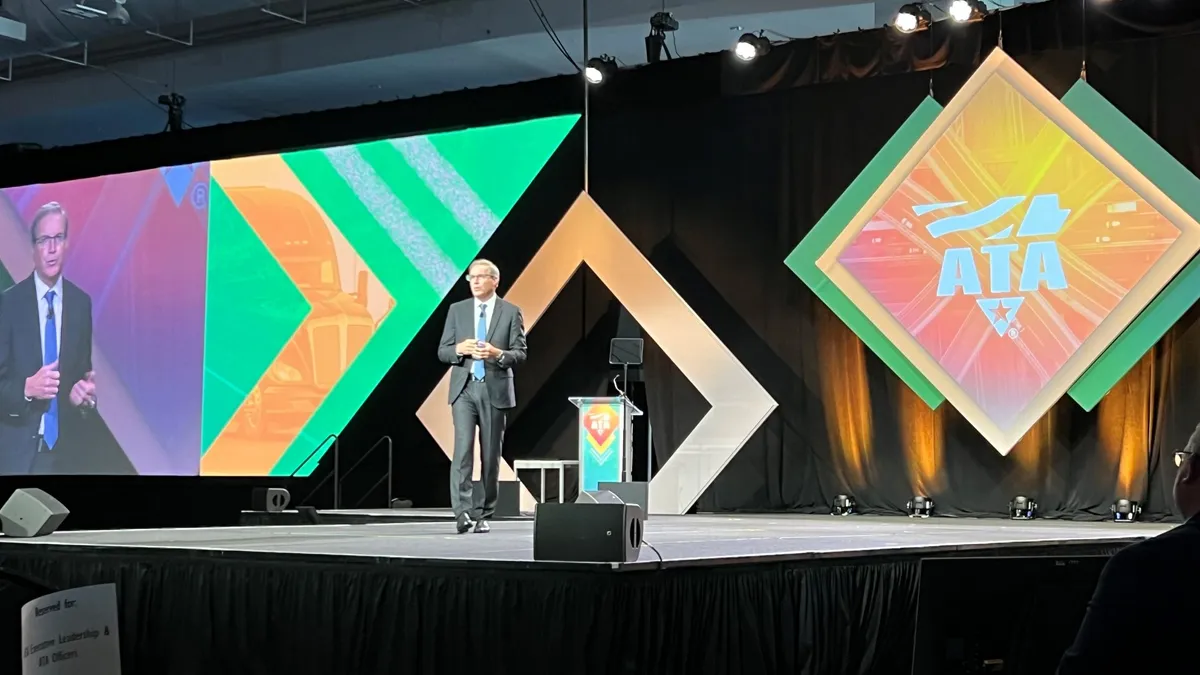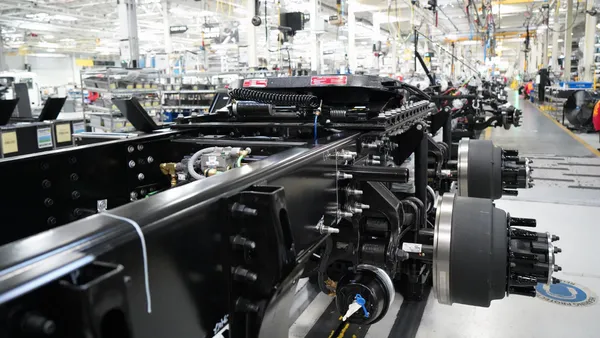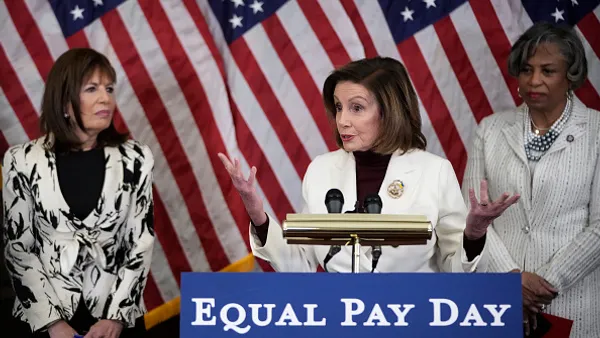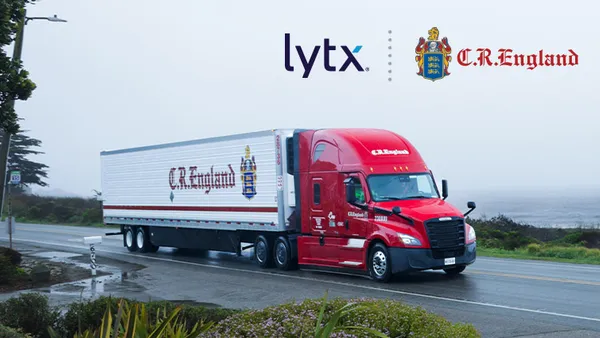Theldorine “Dee” Sova remembers a time when truck driving was not a profession women would consider. But she did it anyway.
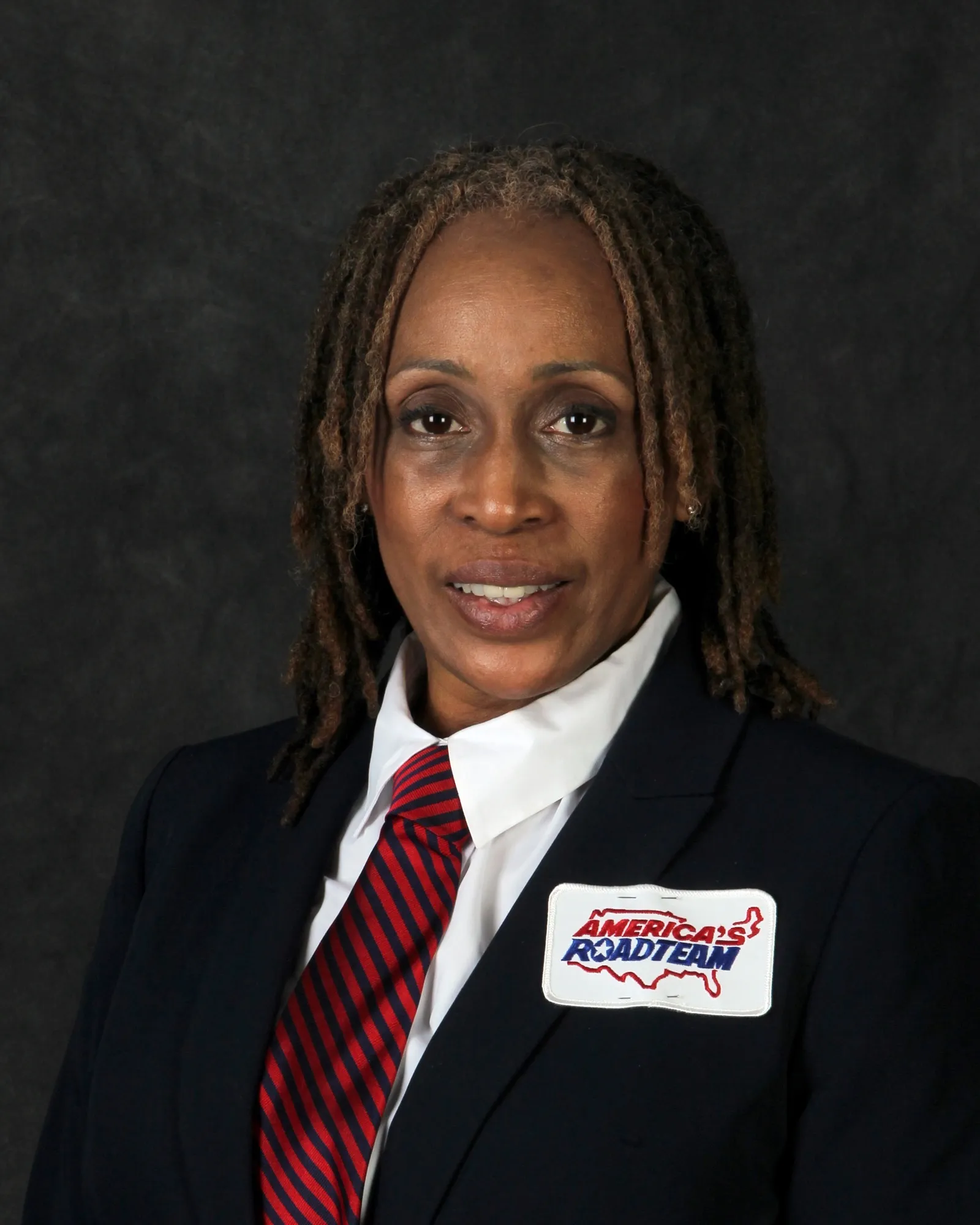
“It wasn’t difficult for me to get hired as a commercial driver three decades ago,” Sova said in an email. “But, at the age of 24, it required me to have thick skin.”
Sova said she experienced rejection and sexual harassment early in her career. When she began her CDL training, Sova recalled men telling her to go home and take care of her kids.
But those days are behind Sova. As the trucking industry copes with a widespread driver shortage, bolstering the recruitment of women has become a priority.
In July, the American Trucking Associations unveiled “Women in Motion,” with a goal of showcasing the positive impact women have in trucking. The Federal Motor Carrier Safety Administration soon followed with the Women of Trucking Advisory Board, which concentrates on attracting and retaining a more gender-diverse labor force.
These initiatives seek to address issues women in trucking face with a goal of eliminating those problems to open the industry to a broader potential workforce.
Sova wants more women to consider careers in trucking. She is among several speakers available through Women in Motion to discuss her experiences and help prospective female candidates overcome any apprehension.
Women exploring the trucking profession also need the chance to grow and be promoted, Sova said.
“If a woman is shown how to grow in this industry [and] how to provide for her family and to balance that life without missing opportunities at home, we all win,” she said.
Breaking barriers
Ina Daly joined XPO Logistics Freight in Arizona in 1984, where today she works as a short haul regional driver. Daly has been a driver for hire since 1983.
“My godfather recruited me, to the shock and horror of a male dispatcher,” Daly said in an email. “I guess I proved myself because I’m still working at XPO and that dispatcher is long gone.”
To overcome the challenges of the trucking “boys club,” which Daly knew she’d never be invited to join, she strove to be the best driver she could and chose people she felt were high-quality to be her friends and mentors.
Less than 7% of commercial drivers are women, said Shannon Watson, senior advisor to the associate administrator for policy at FMCSA.
“Women in the industry face unique challenges,” she said. “Driving a truck may pose barriers to raising a family and they may be victims of sexual harassment.”
WOTAB, mandated by President Joe Biden, is tasked with supporting women in trucking, expanding scholarship opportunities, providing educational outreach and identifying obstacles that discourage women from pursuing careers in trucking. WOTAB will also review opportunities to enhance safety, training and mentorship for women in the industry, FMCSA said in a press release.
Watson said WOTAB includes 16 founding members, all from diverse backgrounds. Five are current CMV drivers, four are past drivers but all 16 were chosen from 250 applicants.
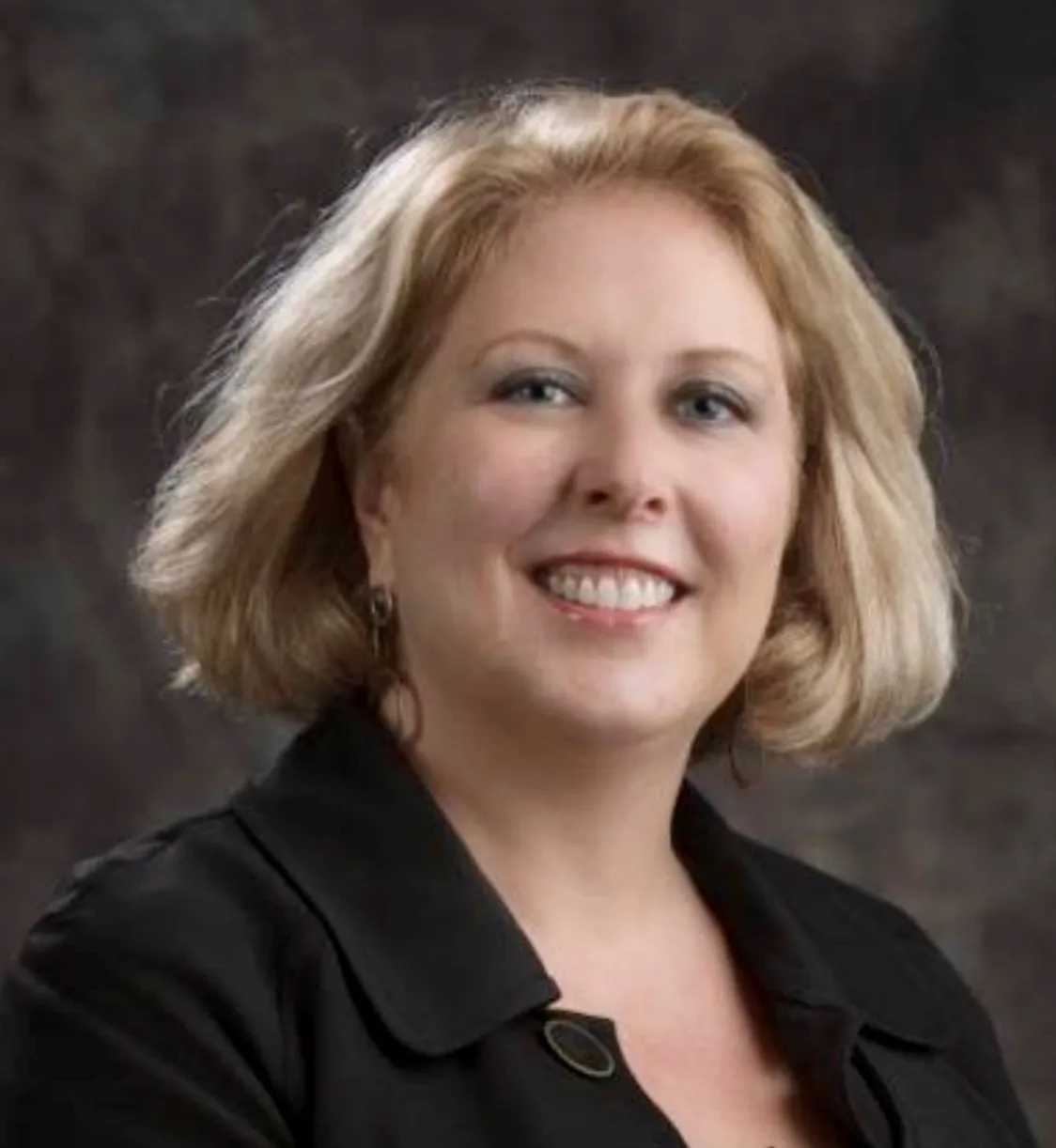
“This board includes the best and the brightest and a full complement of voices,” she said.
Daly said women are capable of driving a truck as effectively and safely as men. She is a 15-time state champion and two-time grand champion of the Arizona Trucking Association's annual competition, which tests drivers’ industry knowledge as well as their expertise in first aid, health, wellness, injury prevention, fire safety, general safety and security.
Competition participants also go through a pre-trip inspection, which tests competitors’ equipment knowledge and then are required to complete a skills and driving test.
“Diverse workplaces benefit every employee and every company,” Daly said. “XPO’s leadership and diversity in all forms has been great for me and everyone at our company.”
Diversifying the workforce
Daly said the industry must do more to boost trucking’s appeal to women. Fleets should recruit from other industries outside trucking and offer women the same pay as men.
“We also need to recruit women into management and leadership roles to make women drivers more comfortable,” she said.
Daly said safety is crucial for all genders so those unfamiliar with big rigs need mentoring and high-level training to ensure a successful career path.
“Modern, safe equipment is also a big factor in attracting and retaining women, as the newer trucks are less physically demanding to operate,” she said.


